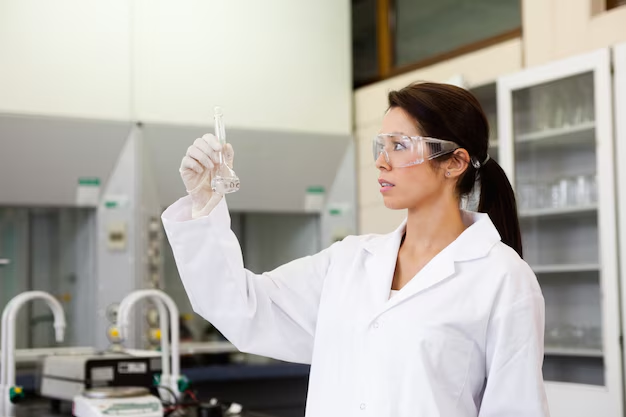How to Become a Lab Technologist: Essential Degrees and Certifications
Embarking on a career as a Lab Technologist requires not just a passion for science and a keen eye for detail but also the right educational background and certifications. A fundamental step in this journey is obtaining a Bachelor’s degree in Medical Laboratory Technology or a related field such as biology or chemistry. This degree lays the essential groundwork in clinical laboratory skills, allowing students to become proficient in analyzing bodily fluids, tissues, and cells. Beyond the degree, pursuing certification can significantly enhance job prospects. Many employers highly regard the American Society for Clinical Pathology (ASCP) certification. It acts as a testament to the holder’s expertise and commitment, opening doors to advanced career opportunities.
In addition to the baseline educational qualifications, some states require lab technologists to be licensed. This state-specific requirement underscores the importance of checking local regulations to ensure compliance. Meanwhile, enrolling in formal training programs or internships offers hands-on experience, bridging the gap between theoretical knowledge and practical application. For those aiming to specialize or advance further, continuing education in cutting-edge laboratory techniques or specialized certifications can prove invaluable. With the growing complexity of medical diagnostics, the role of a lab technologist continues to evolve, highlighting the importance of continual learning and adaptation in this field.
Degrees, Certifications, and Licenses for Aspiring Lab Technologists:
-
🎓 Bachelor's Degree
- Bachelor of Science in Medical Laboratory Technology
- Bachelor's in Biology or Chemistry
-
📜 Certifications
- American Society for Clinical Pathology (ASCP) Certification
- American Medical Technologists (AMT) Certification (optional)
-
🏅 Licenses
- State Licensing (varies by state)
-
🛠️ Additional Training
- Internships and formal training programs
- Continuing education courses in advanced techniques
